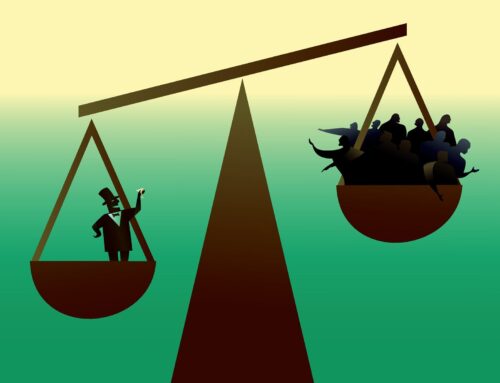More employers are offering financial education in the workplace. And if your employer doesn’t, you just might want to ask, “Why not?”
Studies show that financial education removes doubt and stress and results in improved performance, says Steven Kaye, the CEO of AEPG Wealth Strategies. What’s more, Kaye and others say: others — not just workers — benefit from financial education in the workplace. “Everyone benefits from financial education and financial wellness programs — the employer, the employees, the employee’s family, and even customers.”
And others, many others, share that point of view. “The benefits of a successful financial education campaign is that employees who make better financial decisions have less financial stress, and studies have shown that employees with less financial stress are happier and more productive in the workplace,” says Mike Webb, a vice president at Cammack Retirement Group “Education also leads to more efficient usage of employer benefits, such as better utilization of employer-sponsored retirement plans which also leads to employees not working past the age that they wish to retire, which also leads to employee dissatisfaction, and the inability of other employees to be promoted into their positions.”
For his part, Tony Verheyen, a retirement consultant, says the benefits of good workplace financial education depend on the stakeholder’s — the employee, employer, and service provider — goals and needs.
For starters, Verheyen says employees gain a better understanding of their current benefits and insight into how their current workplace resources integrate with other financial resources such as student loans, Social Security, and Medicare. “The education process often triggers reminders for action — update beneficiary designation, increase HSA contribution, and buy pet insurance for example — and creates opportunities for clarity,” he says. “It also gives employees opportunities to talk about and listen to other ideas.”
Another adviser also notes that financial education in the workplace can go a long way toward helping workers spot conflicts of interest in the financial services industry. “A great financial education program will help employees identify those conflicts and ensure that they are getting advice in their best interest,” says Jason Haviland, a senior partner at Cottage Street Advisors
To be fair, Verheyen says financial education works for some but not all employees. “Some don’t need it because they’re already doing it,” he says. “Some don’t want it because they don’t care. In the middle are those who want it and will apply it if they trust what they’ve been taught. It’s never going to help everyone, but it is beneficial when it helps those in the middle.”
Employers, meanwhile, gain appreciation from their employees by demonstrating a deeper interest in their lives and building an employee-centric culture, says Verheyen. “The efforts also increase awareness of, participation in, utilization of, and appreciation for existing benefit plans that employees regularly misunderstand such as HSAs and Roth 401(k)s, underutilize such as voluntary life insurance and EAP programs, or forget exist such as will preparation, discount programs, and college scholarships,” he says. “Through the process, there are opportunities to learn what employees want more/less of, and to identify total rewards elements that are missing.”




